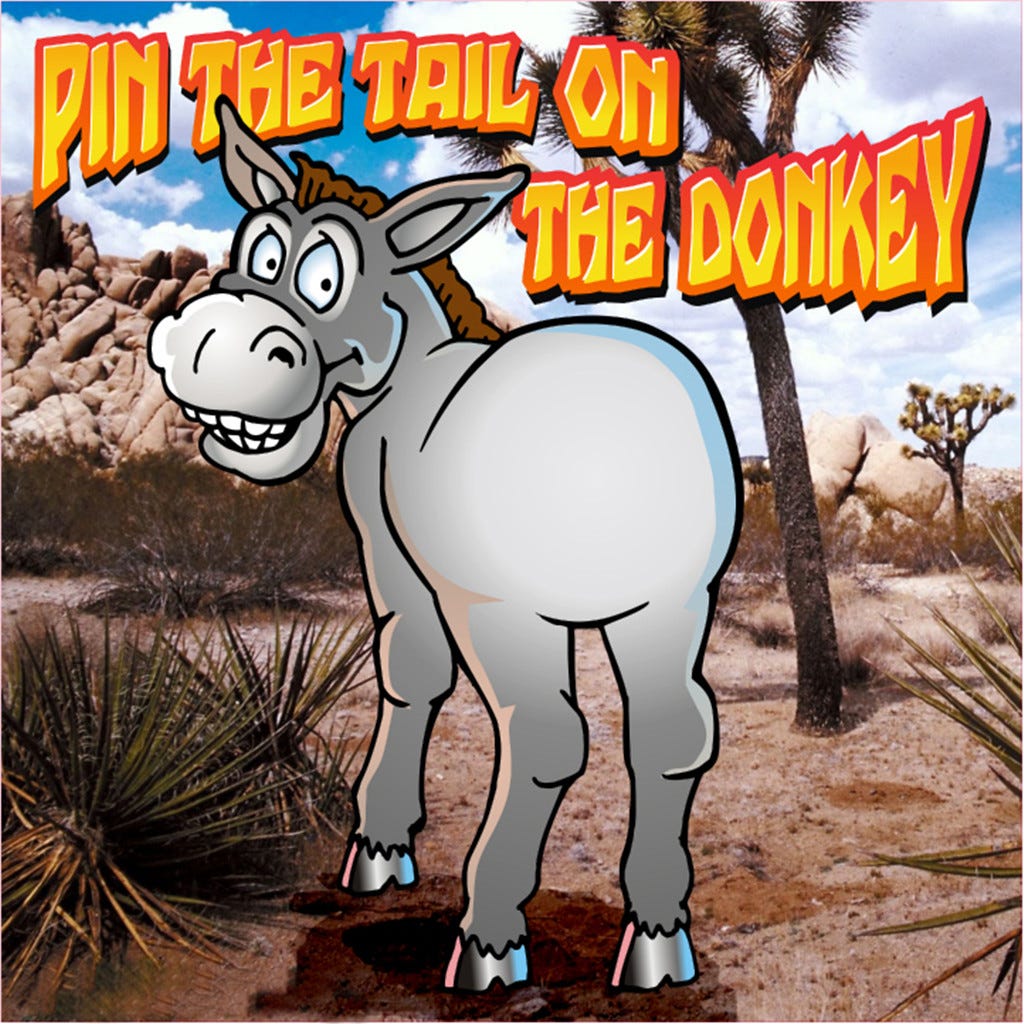Americans claim they’re still following the war in Ukraine. But 9 in 10 can’t even spell ‘Chervonokostyantynivka.’
New survey data suggest the American people may not be following the war in Ukraine quite as much as they claim to be. Despite 73 percent of respondents saying they are following the eastern European conflict either “very” or “somewhat” closely, their ability to spell the names of basic Ukrainian cities was sorely lacking.
For example, when asked to spell Chervonokostyantynivka, only 8 percent of survey participants were able to do so correctly. Most couldn’t even identify the number of letters in the word or properly pronounce it, despite hearing it repeated several times in a slow, dumbed-down manner.
“If people really are paying close attention to the war in Ukraine, then you would think they’d have better recollection of how to spell common Ukrainian words, right?” said Khrystyna Tyshchenko, a linguistics professor at Dnipropetrovsk State University in Ukraine. “I’m getting the sense that Americans have started to tune out the war, but only say they’re paying attention to make themselves sound like compassionate citizens of the world.”
The results were only slightly better when respondents were prompted to spell Blahovishchenske and Starokostyantyniv, with 9 and 12 percent getting them right, respectively.
“Sometimes it feels like Americans are almost proud of their own ignorance,” said Oleksandr Martynyuk, a Ukrainian-American living near Boston. “I mean, how hard is it to spell Starokostyantyniv? It’s only like six syllables. Maybe seven. Possibly eight. No more than nine.”
Only one participant agreed to talk to Battle Line. “I’ll be honest, I thought the survey was really hard,” said Zach Carter, of Willison, South Carolina. “I never heard of words that long before.” He said he was surprised the administrator had him continue onto Question 2 after Carter began the survey by misspelling Ukraine. Nevertheless, Carter said he learned a lot from the exercise, namely how much the country resembles a frog preparing to jump.

Perhaps the most discouraging result came when respondents were asked to simply insert the dash and apostrophe in Novhorod-Sivers'kyi. Only 16 percent were able to do so, half of whom later admitted it was all luck.
“It was frankly embarrassing to witness,” said Rostyslav Kovalenko, one of the survey’s administrators. “It was basically the spelling bee version of Pin the Tail on the Donkey. There didn’t seem to be any rhyme or reason for why people placed the punctuation marks where they did. It was all random.”
To their credit, participants performed much better when it came to pointing to locations on the map, with a full two-thirds correctly identifying the eastern hemisphere.

Originally published August 30, 2022.



